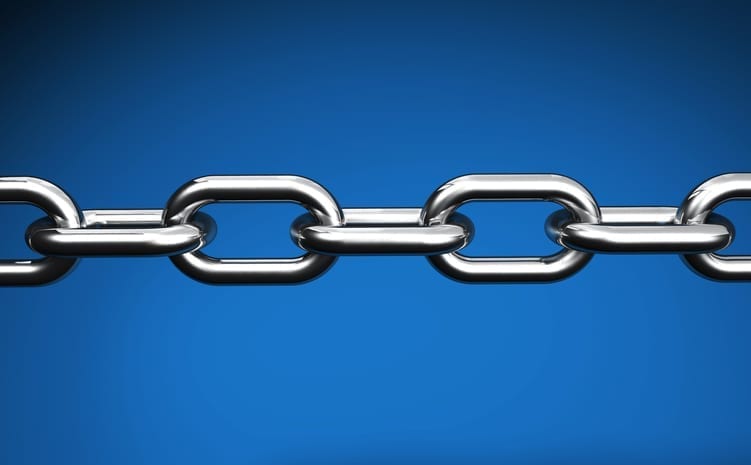Gurus continue to repeat the same three words every year, “SEO is dead,” not only is this completely false but the reasoning they use often suggests that links don’t matter. Not only is this shocking, but it’s also disappointing because merely looking at any competitive search engine results page will show you that the complete opposite is true. Links still matter.
Some might even argue that links matter today more than they ever have before because many website owners are building fewer links than they were in the past. Therefore, building even a few links is going to have a much greater impact than it might have had years before.
Why Are Links Important for Ranking in Google?
Google is based on links; the entire algorithm is centered on Page Rank and the understanding that a link from one page to another is a vote of confidence. The reason why they are the most prominent company in the industry is that they were able to develop a better algorithm, because of their use of links, and offer superior search results.
Although Page Rank isn’t publicly available, it’s highly unlikely that Google would stop using the algorithm that they have used for over a decade and for which they have millions of lines of useful data.
Links Are a Top Ranking Signal
Spokespeople for Google have publicly admitted that links and content are the top two ranking signals that the algorithm uses, followed by Rank Brain. Even if you take everything that Google says with a grain of salt, it seems likely that links are still a fundamental element in how they decide to rank web pages for specific queries.
Google Understands Relevancy
But the quantity of links that you’re getting isn’t everything, and a website owner shouldn’t be picking up every link that they have the opportunity to get. The relevancy of a link to your website and more importantly, the relevancy of the linking page to the receiving page, is directly related to the strength of that link.
Experts believe that the strength of a link is modified via a ratio related to how relevant the page is to the destination which it is linking. This theory makes sense because Google can understand relevancy very well because of RankBrain and Google Hummingbird, which add natural language processing and machine learning techniques into the algorithm.
Penguin Hammered Home the Importance of Quality
When the Google Penguin update rolled out, the SEO industry was irreversibly changed for the better. No longer could you continue to build low-quality links from irrelevant pages using exact match anchor text, you needed to focus on the quality of the pages that you were getting links from.
In the first iterations of the Penguin algorithm, they would use bad links as a negative ranking signal, and when they were confident that you were manipulating your rankings, they would penalize the entire site.
With the release of Penguin 4.0, Google claims to no longer punish sites for having bad links. Instead, they don’t count them towards your link index, and therefore they offer no benefit. However, they do mention that they might still penalize pages which suggest that for those sites with many bad links a Penguin penalty is still possible.
The Proof Is the SERP’s
If you need more proof beyond what Google and many SEO experts have said, take a look at any competitive SERP. You’ll find that not only do links have a huge impact on the pages which rank, which you can see by the number of referring domains correlated to ranking, but the relevancy and quality of those links also matter.
Quantity Matters but Quality and Relevancy Matter More
Getting links is still important, there’s little doubt about that, but the quality and relevancy of those links are more important. Ten lower quality links might still have an impact, but only a single high-quality link can have a greater benefit and is far less likely to result in a penalty from Google.




